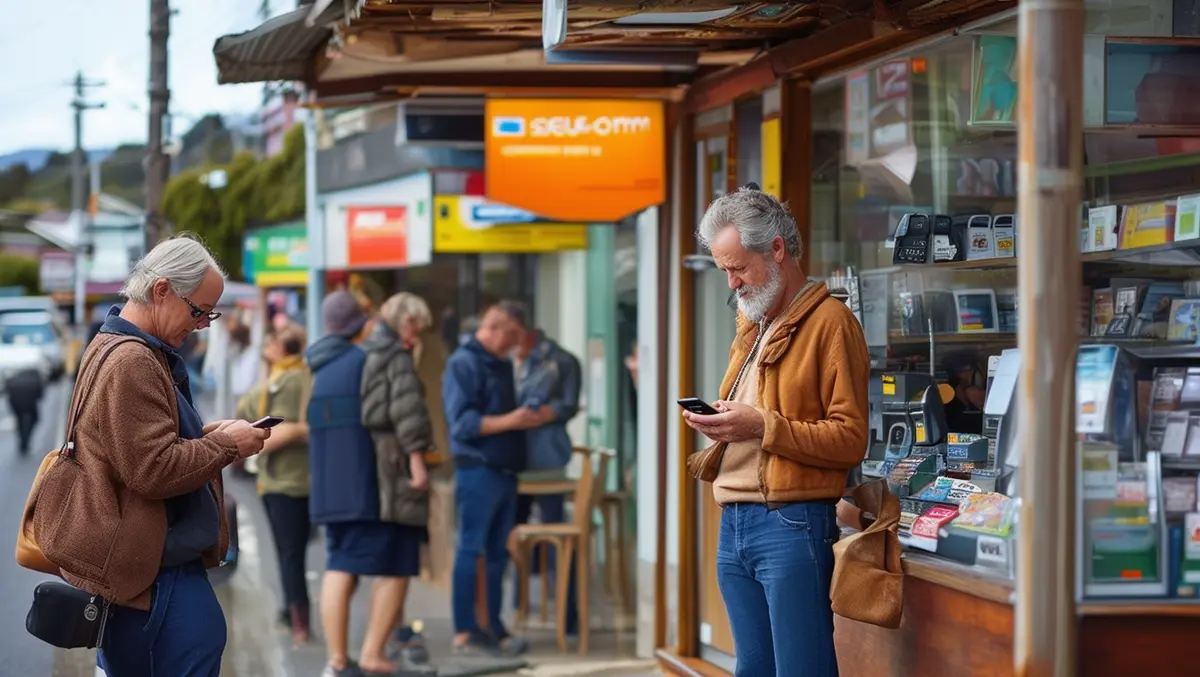
Kiwi consumers prefer digital payments, small businesses lag
New research by the global small business platform Xero has revealed a significant trend in the payment preferences of New Zealand consumers, while also highlighting barriers that prevent small businesses from fully embracing these new digital methods.
Xero's report titled "I want to pay that way" delves into the evolving payment habits among consumers and how small businesses are adapting, or in some cases, failing to adapt. Three quarters (75%) of New Zealanders typically use their physical bank card to pay in-store, while 14% use only their mobile phone for payments. Meanwhile, cash is one of the least used methods, with only 8% of Kiwis having cash readily on them for in-store payments.
Despite the low usage of cash among consumers, small business owners still show a reliance on it. According to the report, 72% of small business owners believe that if cash disappeared tomorrow, it would significantly impact their business. Bridget Snelling, Aotearoa New Zealand Country Manager at Xero, emphasised the importance of considering digitalisation in payment methods. "Aotearoa New Zealand has a long history of embracing innovative payment solutions, starting with the introduction of EFTPOS, which made us an early leader in digital payments. As technology continues to evolve and convenience remains king, it's important we continue to progress in this direction," said Snelling.
From a demographic perspective, the report indicates that younger generations are leading the way in mobile payments. Among Gen Z consumers, 48% use Apple Pay or Google Pay, compared with 28% of millennials, 17% of Gen X, and 11% of Baby Boomers. However, only 17% of Kiwi small businesses currently offer Apple Pay and/or Google Pay facilities to their customers.
"It's clear there is a strong preference for using digital payments by Kiwi consumers. Despite this, small businesses across the country are keen to hang on to cash payments, creating a mismatch between consumer desire and small business payment capabilities," Snelling observed.
Among small businesses, the adoption of new digital payment methods has been slow. Only 39% of Kiwi small businesses reported adopting a new payment method within the last six to twelve months. Additionally, 87% of Kiwi small business owners cited barriers preventing them from offering new payment methods. These barriers include expensive fees, cited by 32% of respondents, a lack of perceived advantages (28%), and the perceived complexity and time consumption of set-up (26%).
For those businesses that have adopted new payment methods, the most commonly reported benefit is the reduced time to be paid (19%), followed by increased sales (16%) and reduced time chasing payments (14%). According to Snelling, the move to digital payments can also have broader benefits for the New Zealand economy. "Our work with the New Zealand Institute of Economic Research shows a 20% increase in the number of businesses adopting cloud-based tools in the future could add up to NZD $7.8 billion to Aotearoa's annual GDP through improved productivity," she said. "It's essential we support small businesses to embrace digital tools to unlock their full economic potential."
Bharathi Ramavarjula, SVP of Payments at Xero, underscored the importance of understanding consumer preferences to facilitate faster payments and business growth. "Understanding how different consumers prefer to pay and giving them the flexibility to pay the way they want, will help small businesses get paid faster and grow their revenue. To make it easier to collect payments, Xero is providing more ways to pay," Ramavarjula stated.


